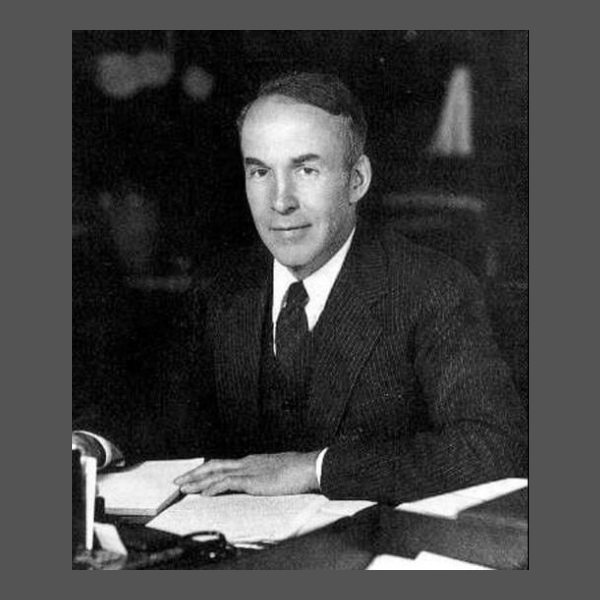Archibald Macleish. Boston, Estados Unidos. (1892-1982). Estudió Derecho en Harvard y Literatura Inglesa en Yale. Fue un importante Cronista de su tiempo. Trabajó como Bibliotecario y como Editor. Tres veces Premio Pulitzer de Poesía.

ARS POÉTICA El poema ha de ser palpable y mudo Como una fruta redonda, Sencillo Como viejos medallones para el dedo pulgar, Silente como la roca gastada sobre el marco de la ventana donde ha crecido el musgo El poema ha de ser sin palabras Como el vuelo de los pájaros * El poema ha de ser inmóvil en el tiempo Como el ascenso de la luna, Permisivo, como la luna que libera brote a brote a los árboles despiertos de la noche Olvidadizo, como la luna detrás de las hojas del invierno Recuerdo tras recuerdo de la mente El poema ha de ser inmóvil en el tiempo Como el ascenso de la luna El poema ha de ser igual a: Irreal. Por toda la historia de la pena Una salida vacía y una hoja de arce Por amor Los pastos inclinados y dos luces sobre el mar. El poema no debe significar Sino ser. Traducción: Francia Rosa Calzadilla ***** Ars Poetica A poem should be palpable and mute As a globed fruit, Dumb As old medallions to the thumb, Silent as the sleeve-worn stone Of casement ledges where the moss has grown— A poem should be wordless As the flight of birds. * A poem should be motionless in time As the moon climbs, Leaving, as the moon releases Twig by twig the night-entangled trees, Leaving, as the moon behind the winter leaves, Memory by memory the mind— A poem should be motionless in time As the moon climbs. * A poem should be equal to: Not true. For all the history of grief An empty doorway and a maple leaf. For love The leaning grasses and two lights above the sea— A poem should not mean But be


